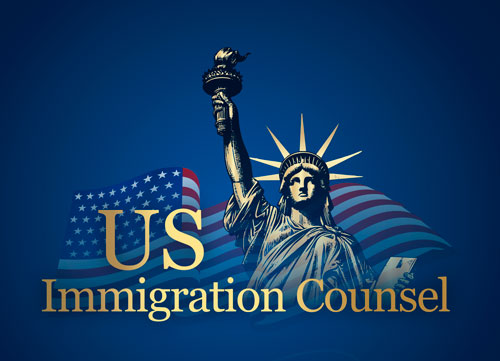J-1 Visa Waiver
The J-1 visa is a nonimmigrant visa designed for individuals participating in approved cultural and educational exchange programs in the United States. These programs offer opportunities to study, teach, conduct research, or receive training while promoting cross-cultural understanding.
Many J-1 visa holders are subject to the Two-Year Home Residency Requirement, meaning they must return to their home country for at least two years after completing their program before they can apply for certain immigration benefits in the U.S. A J-1 waiver allows eligible individuals to bypass this requirement under specific circumstances and remain in the country legally.
Who Can Apply for a J-1 Waiver?
A J-1 visa holder may seek a waiver of the Two-Year Home Residency Requirement for one of the following reasons:
-
No Objection Statement: The home country government issues a formal statement that it does not object to the individual remaining in the U.S.
-
Persecution: The applicant can demonstrate they would face persecution in their home country due to race, religion, nationality, or political opinion.
-
Exceptional Hardship: The applicant proves that their departure would cause exceptional hardship to a U.S. citizen or lawful permanent resident spouse or child.
-
Interested Government Agency (IGA): A U.S. federal agency deems the applicant’s continued stay to be in the national interest and supports the waiver.
-
Conrad 30 Waiver Program: For J-1 physicians, this program allows waivers in exchange for service in medically underserved areas for a set period.
J-1 Waiver Application Process
The process for applying for a J-1 Waiver involves multiple steps:
1. Determine Eligibility
Identify which waiver category fits your situation and confirm that you meet the requirements.
2. Select the Waiver Basis
Each waiver type has specific requirements. Select the appropriate basis and gather all supporting documentation.
3. Submit the Application
File Form DS-3035 and send all necessary documentation to the U.S. Department of State and, in some cases, USCIS.
4. Undergo Review
Your application will be reviewed by the appropriate authorities, including possible background checks or interviews.
5. Receive a Decision
Once processed, your waiver will either be approved, allowing you to continue your immigration process, or denied. In case of denial, you may appeal or explore alternative legal options.
Why Legal Guidance Matters
The J-1 waiver process can be complex and time-sensitive. Choosing the correct waiver category and preparing strong supporting evidence is essential to success. An immigration attorney can help ensure your application is complete, accurate, and strategically prepared to maximize your chances of approval.

